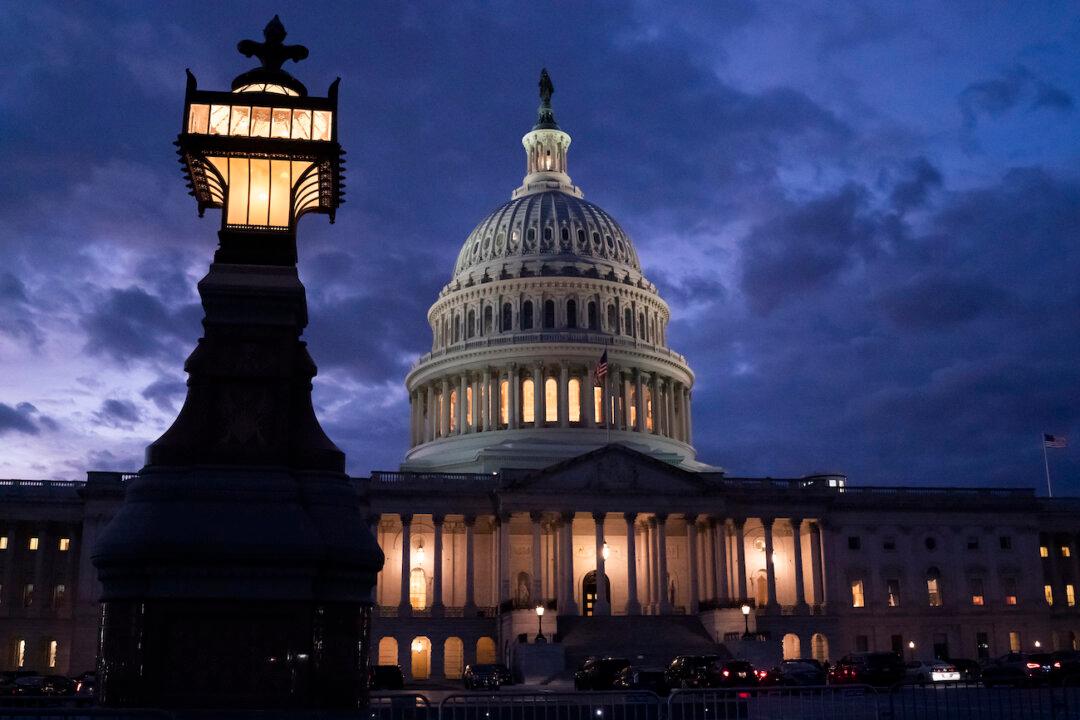News Analysis
The House passed a bipartisan compromise version of the National Defense Authorization Act for 2022 (NDAA), the annual defense spending bill, on Dec. 7. The bill includes many provisions aimed at countering the Chinese regime but excluded or watered down several other China-related items from earlier drafts.




